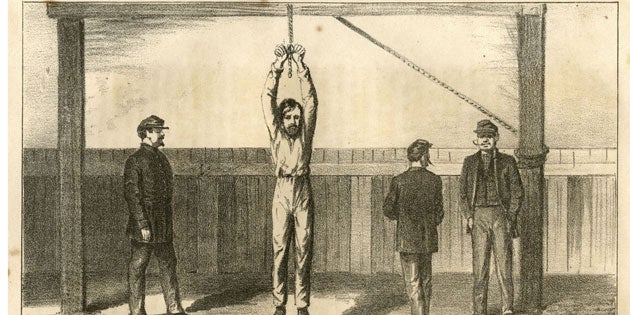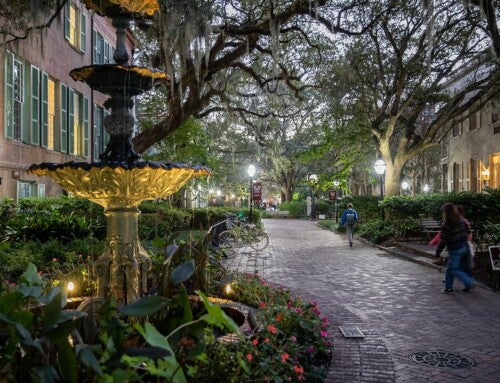It is an unwelcome fate, perhaps only better than dying in combat or suffering severe injury. Captured soldiers who are made into prisoners of war often endure humiliation, abuse and neglect during indefinite wartime detentions. In a best-case scenario, POWs are treated humanely despite the curtailing of their freedom. In a worst case, POWs are tortured, starved, enslaved or executed by their captors.
Throughout American history, a number of men associated with the College have spent portions of their lives as POWs. During the Revolutionary War, the British imprisoned many of South Carolina’s most prominent citizens and patriots. Some of these patriots later became the College’s earliest supporters and trustees.
In the Civil War, one of the Confederacy’s youngest officers, Lt. Henry Elliott Shepherd, was captured at the Battle of Gettysburg and imprisoned on Johnson’s Island, Ohio. Twenty years later, Shepherd became president of the College.
In World War II, Sgt. Alvin Skardon ’33 was captured by German forces and shuttled between prison camps until war’s end. And, in 1967, a sailor named Steve Robin was aboard the USS Pueblo spy ship when it was captured by North Korea. After his release, he eventually took classes at the College.
Each of these POWs had different experiences in confinement. Some suffered indignity only; others were routinely beaten and denied sufficient food and clothing. None knew when, or even if, they might return home to the company of loved ones.
Read each of their stories in the College of Charleston Magazine.




